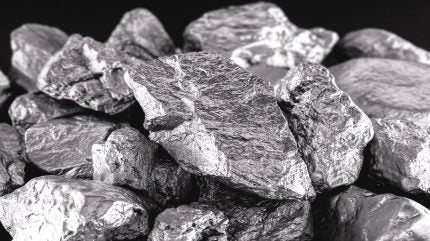
EVelution Energy has struck an alliance with commodities giant Glencore to support the establishment of its first commercial-scale cobalt processing facility in the US.
The parties entered a letter of intent (LOI), which outlines a long-term supply agreement for cobalt hydroxide, essential for the production of cobalt sulphate used in electric vehicle (EV) batteries.
Under the terms being finalised, Glencore will supply up to 7,000t of contained cobalt per year to EVelution’s facility.
This agreement may expand, contingent on the growth of EVelution’s production capabilities.
The collaboration also includes discussions on the potential offtake of the entire cobalt sulphate output, alongside financial solutions for hedging and working capital.
Cobalt sulphate plays a pivotal role in the US’ efforts to electrify its automotive fleet and move towards a net-zero carbon economy.
Currently, the US lacks commercial-scale cobalt processing facilities, with China dominating the market by producing more than 70% of the world’s cobalt sulphate.
Set to be constructed in Yuma County, Arizona, EVelution Energy’s solar-powered facility is a significant stride towards reducing the US’ dependence on international sources for EV battery materials.
The facility is expected to meet 20–40% of the US’ cobalt sulphate demand upon its expected operational date in 2027.
The establishment of this facility is anticipated to bolster US manufacturing employment, contribute to climate change mitigation and secure a domestic supply of a critical metal for the automotive, aerospace and defence sectors.
Construction is due to begin in 2024, with the facility’s commissioning due by the end of 2026. Once operational, the facility will not only be self-sufficient in power generation but will also provide excess clean energy to local agriculture and recycle about 70% of its water usage, thereby minimising environmental impact.



